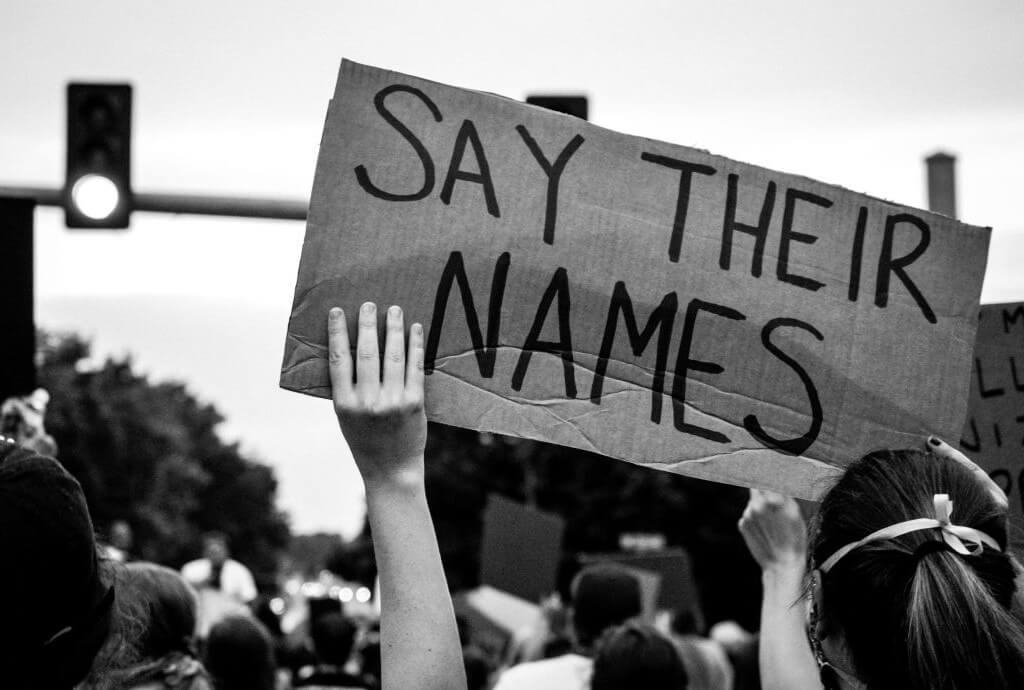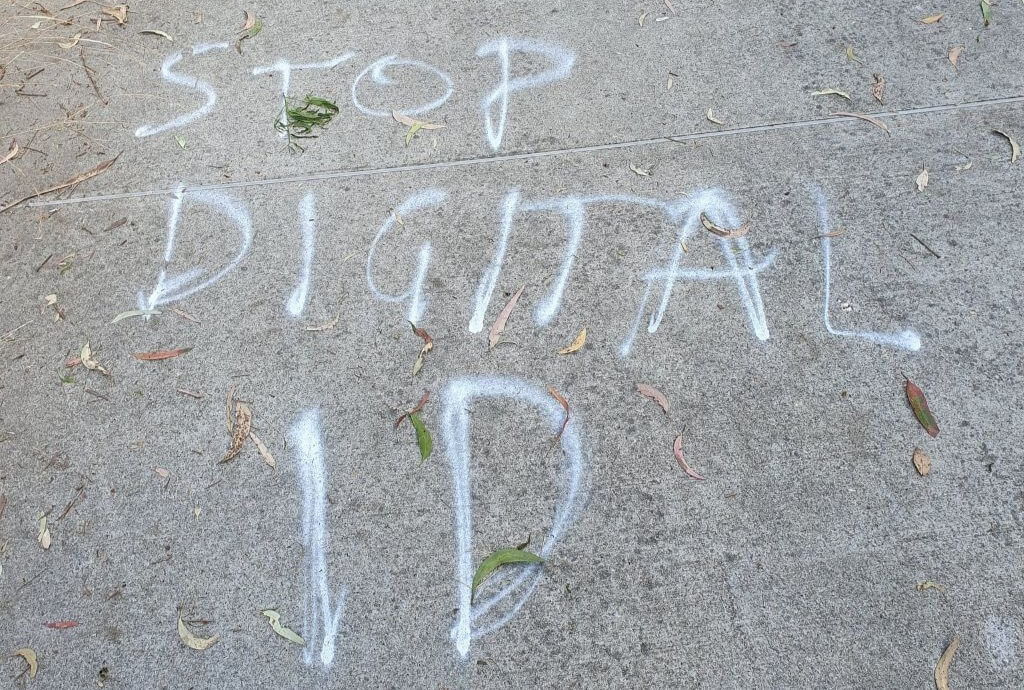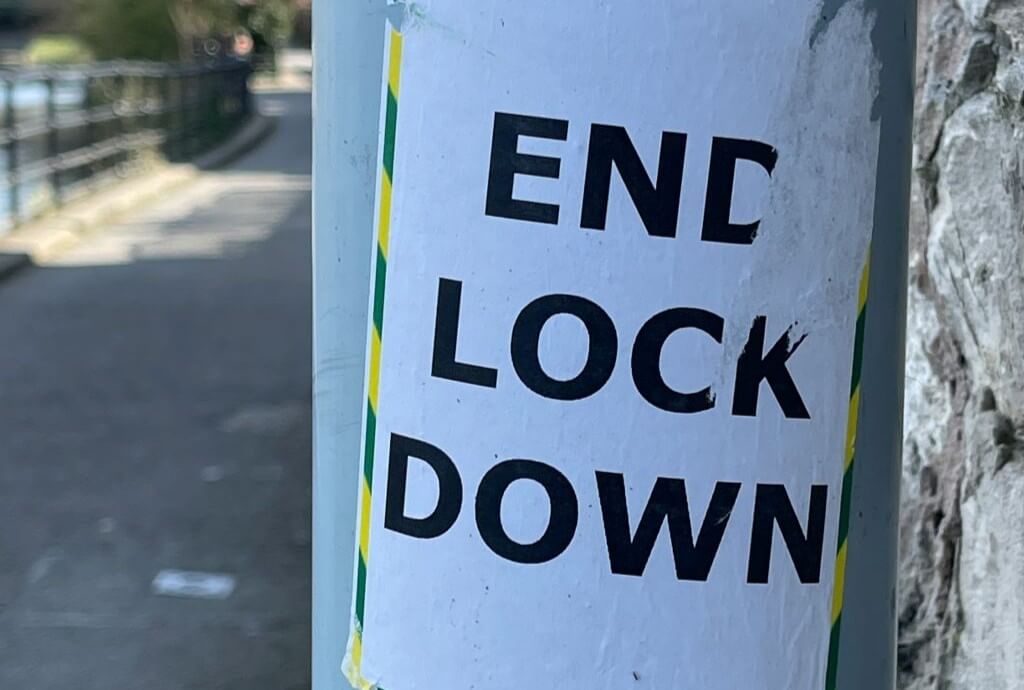In brief
- Overseas experiences with ending drug prohibition vary, prompting some jurisdictions to reconsider reintroducing drug prohibition laws.
- Portugal’s 2001 decriminalisation lowered drug use, increased treatment access, and reduced HIV transmission.
- Yet, Oregon reversed drug decriminalisation due to problems like fentanyl-related overdoses.
- Thailand is considering re-criminalising cannabis due to concerns about addiction and violence.
- Decriminalising hard drugs in Canada did not reduce drug-related deaths.
Efforts to end drug prohibition have yielded a mixed bag of results
Different approaches to drug decriminalisation and legalisation overseas may provide some insight as the debate around New Zealand’s drug policy intensifies.

Proponents of decriminalisation and legalisation of drugs claim that countries with alternative drug policies, such as loosening cannabis prohibition, have no increase in crime or addiction. In reality, the results vary from country to country. It is worth looking at a few different examples of what has and has not worked in other jurisdictions.
The good…
Many point to Portugal’s decriminalisation model, enacted in 2001. The country reclassified low-level possession and consumption of all illicit drugs as administrative violations. Drug use reportedly fell below the EU average, access to treatment increased, and a drop in drug-related HIV transmission was reported. Additionally, the number of people incarcerated for drug offences fell by about 44% from 1999 to 2008.
Other countries, such as the Czech Republic and the Netherlands, have also implemented decriminalisation policies with reportedly positive societal outcomes. Colombia and Argentina have also made strides in decriminalisation, focusing on public health approaches to drug use.
The bad…
In 2020 voters in the US state of Oregon passed Measure 110, changing the punishment for personal possession of drugs like heroin, cocaine, and methamphetamine to a ticket and a maximum fine of $100.
The law allocated a significant amount of the state’s cannabis tax revenue to addiction services. However, recent pressures, including challenges in implementing Measure 110 and the rise in fentanyl-related overdoses, have caused Oregon Democrats to reconsider their stance on the decriminalisation policy.
The measure to re-criminalise possession was passed by the Democrat-controlled Legislature in April of this year. Some Democrats, who had previously supported decriminalisation, voted for the new law.
Meanwhile, Thailand, the first Asian country to legalise cannabis two years ago, is now considering re-criminalizing the drug due to concerns about its unregulated availability to children and reports of drug-related violence and abuse. The Health Ministry has seen a significant increase in individuals seeking treatment for cannabis-related psychological issues, with a 70 percent rise in 2022 to over 63,000 in 2023.
Studies also indicate a rise in young people using cannabis, and the country’s status as a legal cannabis destination has led to a booming weed tourism industry, raising concerns about the uncontrolled growth of a multi-billion dollar industry.
The Canadian government has recently accepted a request to re-criminalise the use of hard drugs in public spaces. The province of British Columbia had amended its drug decriminalisation project in 2021 to address the opioid crisis.
BC has long been known as a focal point for itinerant drug users from across Canada due to its relatively mild weather and as a port city. The province has been notorious for its reputation as a drug haven and for its leniency.
However, open drug use has exploded and the province sought to walk back the effort in the interest of public safety.
Critics argue that after one year of the decriminalisation experiment, it has not succeeded in reducing drug-related deaths. Data reveals that in 2023, more than 2,500 individuals died from toxic street drugs, averaging seven deaths per day.
To put this in perspective, BC’s population somewhere north of 5 million people is relative to New Zealand. The recorded COVID deaths in BC are currently – as of May 2024 – just under 7000, while in NZ, they are just over 6000.



















